< Geri dönün
Political History of Early Christianity
Yayınevi: T & T Clark International
ISBN: 9780567031754
1.595,00 TL (KDV Dahil)
Kargoya verilme süresi: 1 - 5 İş Günü
Yazar: Allen Brent
Cilt tipi: Karton Kapak
Brent focuses on the reformation of republican religion and the exercise of political authority in Augustan society. Augustus' revolution involved a reformation also of republican religion that provided legitimation for the exercise of political authority. The iconography of the Ara Pacis, for example, shows that Augustus as augur was making a metaphysical claim, namely to have secured the peace of the gods not simply throughout the civil organization of the empire but also in nature itself. What republican religion had failed to do, his reformed religion had succeeded in doing. Thus Augustan society had reached a formally similar position to the world of the late twentieth century with its own version of the 'end of history' (Fukuama) in which not simply all other practical political alternatives seem to have been excluded but ideological (or metaphysical) ones as well. How was Christianity, if it were to achieve transformation of contemporary society, to respond to such an apparently unassailable position? How indeed was it to develop both the aim and the strategy for so doing? It needed to shed its original apocalyptic solution in which the certainty of the imminence of the second advent meant that there was no need for actions with political implications in this world. Such a process bears comparison with the way in which Marxists active in Western democracies refused involvement in normal political processes whilst they awaited the 'inevitable' collapse of 'capitalism.' It needed to turn from a perspective of inner soul-culture that had no interest in the transformation of wider society (Gnosticism). Such is paralleled by a kind of charismatic fundamentalism in the present. It needed to produce a 'project' that would be effective in transforming its values into a form that bore convincing parallels to the values of the dominant culture that its was endeavoring to influence in order to secure wide support for its access to power.
English
2009
344 Pages
15,50 x 23,50 cm
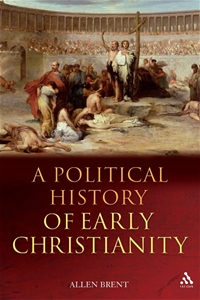
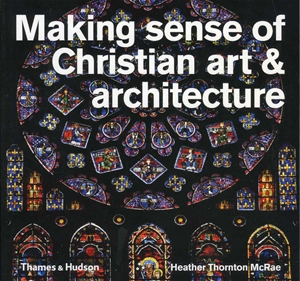 Making Sense of Christian Art and Architecture
Making Sense of Christian Art and Architecture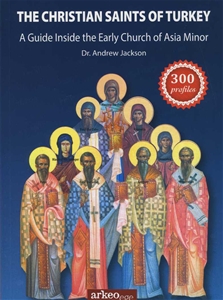 The Christian Saints Of Turkey
The Christian Saints Of Turkey  Constantine: Unconquered Emperor, Christian Victor
Constantine: Unconquered Emperor, Christian Victor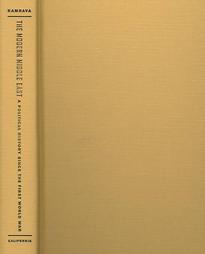 The Modern Middle East : A Political History since the First World War
The Modern Middle East : A Political History since the First World War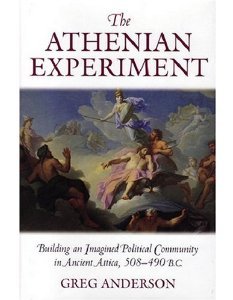 The Athenian Experiment: Building an Imagined Political Community in Ancient Attica, 508-490 B.C.
The Athenian Experiment: Building an Imagined Political Community in Ancient Attica, 508-490 B.C.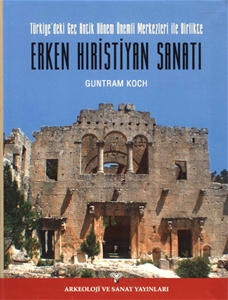 Erken Hıristiyan Sanatı
Erken Hıristiyan Sanatı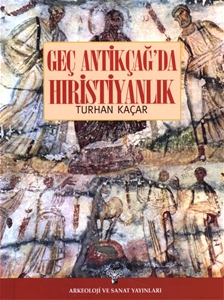 Geç Antikçağ'da Hıristiyanlık
Geç Antikçağ'da Hıristiyanlık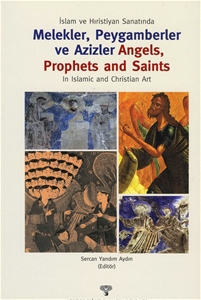 İslam ve Hıristiyan Sanatında Melekler, Peygamberler ve Azizler - Angels, Prophets and Saints in Islamic and Christian Art
İslam ve Hıristiyan Sanatında Melekler, Peygamberler ve Azizler - Angels, Prophets and Saints in Islamic and Christian Art